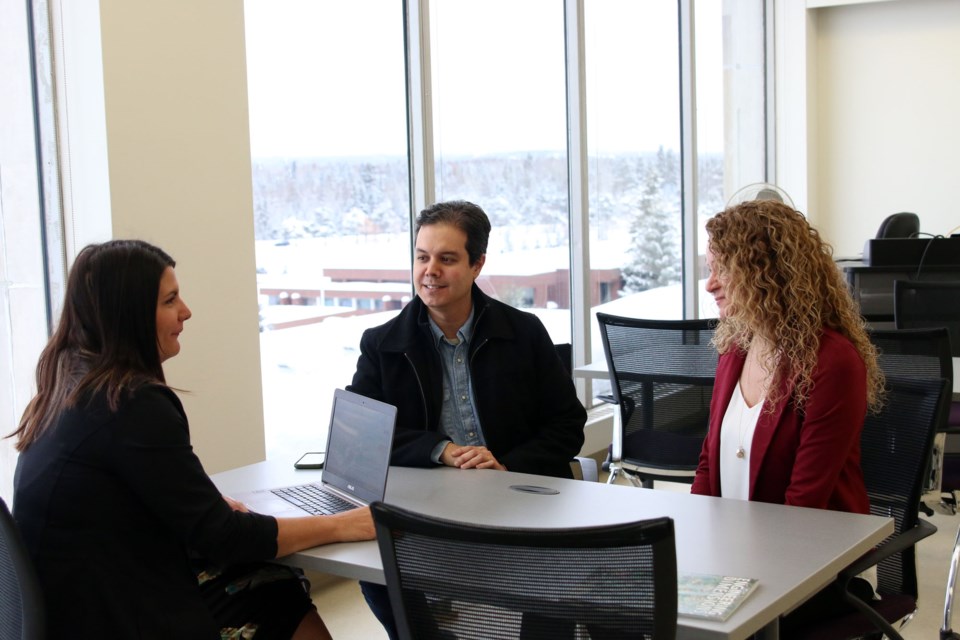THUNDER BAY - From tourism to telling stories, Lakehead University researchers are embarking on new research projects that will have a significant impact on Indigenous and non-Indigenous relations.
Lakehead University received more than $140,000 from the Social Sciences and Humanities Research Council Indigenous Research Capacity and Reconciliation Connection Grants, which are meant to implement calls for action from the Truth and Reconciliation Report.
Rhonda Koster, director of outdoor recreation, parks, and tourism at Lakehead, received $49,935 to examine the relationship between Indigenous and non-Indigenous business owners in resource-based tourism in Northern Ontario, such as hunting and fishing lodges.
“They are on Crown land, but they are also on traditional territory, so there is often a lot of conflict between the uses of that particular land in terms of how government or different kinds of agencies are engaging with Indigenous folks on those traditional territories,” she said.
There is a duty to consult with natural resource developments like mining and forestry, Koster added, but the same consultation does not exist when it comes to the tourism landscape.
“That is really challenging because if you have to work with a forestry company to design a forestry plan, there are challenges with that, but they become confounded when your businesses is based on bringing in visitors for a hunting and fishing experience in the wilderness and when you are flying over, there is a clear cut,” she said.
“It was within that context that my team got together to talk about how can we start to have a better duty to consult framework between government agencies, other kinds of businesses or organizations, and Indigenous people on who’s land they are operating.”
Another project taking place in Northern Ontario is geography and environment professor, Martha Dowsley’s continued work to create video research stories about Lac Seul First Nation.
With a $50,000 SSHRC grant, Dowsley and her team will be working with members of the community to share and preserve cultural stories, histories, and mythologies using new technologies.
“She proposes for us to be approaching knowledge holders, elders, and involving the youth to be telling the stories in their own perspective using the video methodologies to build their own films, their own videos about any important aspect of their history, their culture, their legends, that they found interesting,” said Federico Oliveira, associate professor in the department of anthropology.
Oliveira said previous work has already been done in the community and stories have been shared. However, some stories are only told at certain times of the year, so now researchers will be provided an opportunity to collect the stories that haven’t been told yet.
“This is an opportunity to work closely, especially with the youth, to communicate the results of the previous research we have been developing,” he said. “But above all, to listen to stories of elders that are not normally allowed to be telling.”
“It’s about using new opportunities, new technologies, especially for the young generations to be more connected with their history. It’s a process of their own self-discovery.”
A third project in Orillia, Ont. to bring together community members and educators at an Indigenous Mathematics Education Conference received $44,666.
The grants are part of implementing calls for action from the Truth and Reconciliation Report. Koster said Indigenous perspectives have often been left out of academic research, so she, along with other researchers, are hoping these new projects will lead to new understandings and opportunities.
“We don’t always have a very good understanding of the two cultures coming together,” she said. “In doing so, we start to chart a better way forward and help people to understand why we are coming from two different perspectives.”
